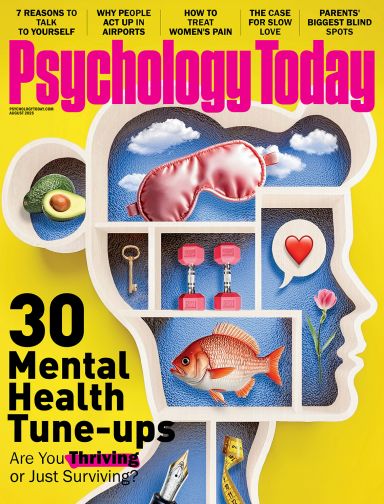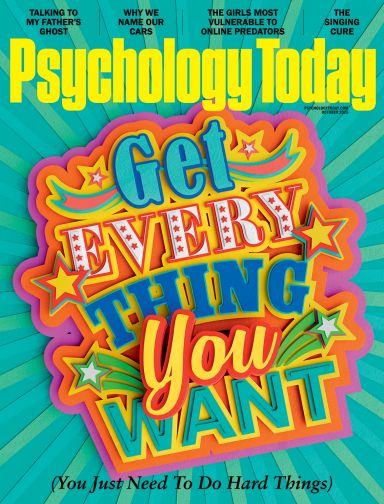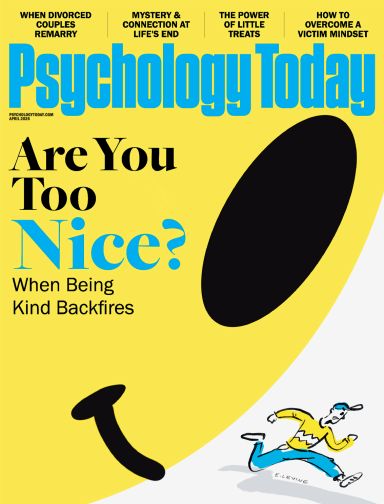Repression is a defense mechanism in which people push difficult or unacceptable thoughts out of conscious awareness. Repressed memories were a cornerstone of Freud’s psychoanalytic framework. He believed that people repressed memories that were too difficult to confront, particularly traumatic memories, and expelled them from conscious thought.| Psychology Today
A bias is a tendency, inclination, or prejudice toward or against something or someone. Some biases are positive and helpful—like choosing to only eat foods that are considered healthy or staying away from someone who has knowingly caused harm. But biases are often based on stereotypes, rather than actual knowledge of an individual or circumstance. Whether positive or negative, such cognitive shortcuts can result in prejudgments that lead to rash decisions or discriminatory practices.| Psychology Today




